Description
Castle Burg is a landmark of the Bergisches Land, rising above the river Wupper near the Boker Manufactory. Count Adolf II. von Berg had the castle constructed on the foundations of a 10th-century fortress. It was finished in 1133. Today, it is one of the biggest castles in western Germany, inseparably connected to the Duchy of Berg and the Counts von Berg (1068-1225). Even today, Burg Castle still reflects the enormous wealth of the dynasty and their far-reaching influence in Northrhine-Westphalia. Count Engelbert II. von Berg was also the Archbishop of Cologne. We keep in touch with the historians of Burg Castle because the corporate history of Boker can be traced back to 1674, when the tree was first entered as the company’s trade symbol for tools, and because our history is closely connected to that of the Bergisches Land. Right now, large parts of the castle are being faithfully restored. This includes the replacement of ancient solid oak planks. This inspired us to preserve the historic material for future generations, skillfully turning it into handle scales in our Manufactory. This was the foundation of our knife series Boker Schloss Burg, comprising seven traditional knife styles steeped in history. Apart from the scales of historic oak wood sourced from Burg Castle (Schloss Burg), the knives also feature brass liners and blades made from O1 carbon steel. Highlighting the authenticity of the knives, the blades are finished with a special acid wash, which also protects them from harmful environmental impact. All styles are handcrafted by Boker Manufactory Solingen as a strictly limited edition of 1133 pieces worldwide. They come with a new version of the historic Boker tree symbol. The traditional Boker Club Knife is the elegant brother of the famous Boker Sports Knife, known in North America as the Camp Knife. While the dimensions are almost the same, this knife has a more continuous shape, uninterrupted by tool cutouts. The typical metal bail for attaching a knife chain is also missing from the Club Knife. The historic blade design doesn’t lock. The long nail nick, also known as a long pull, is equipped with fine teeth, perfect for striking suitable matches.



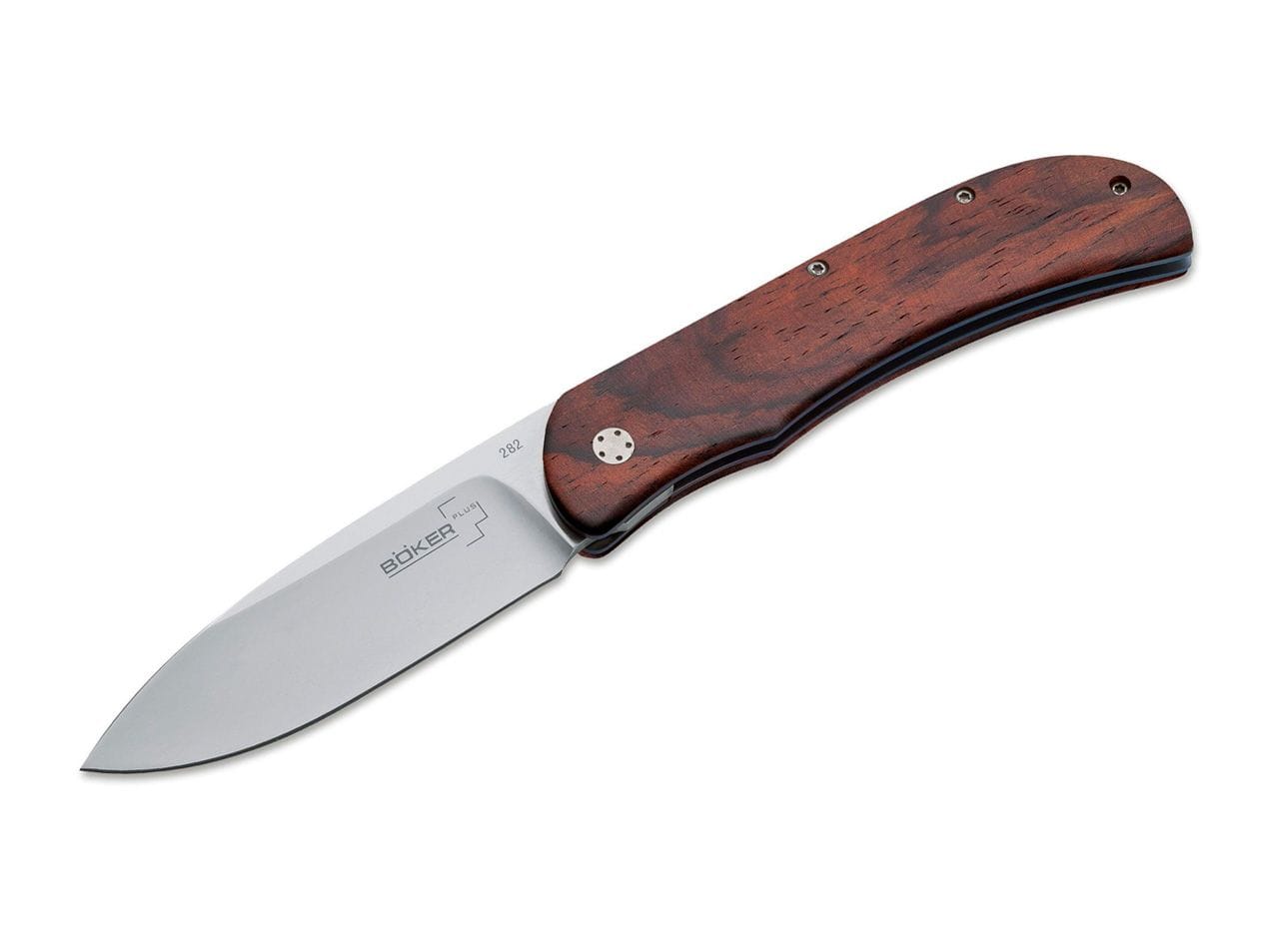
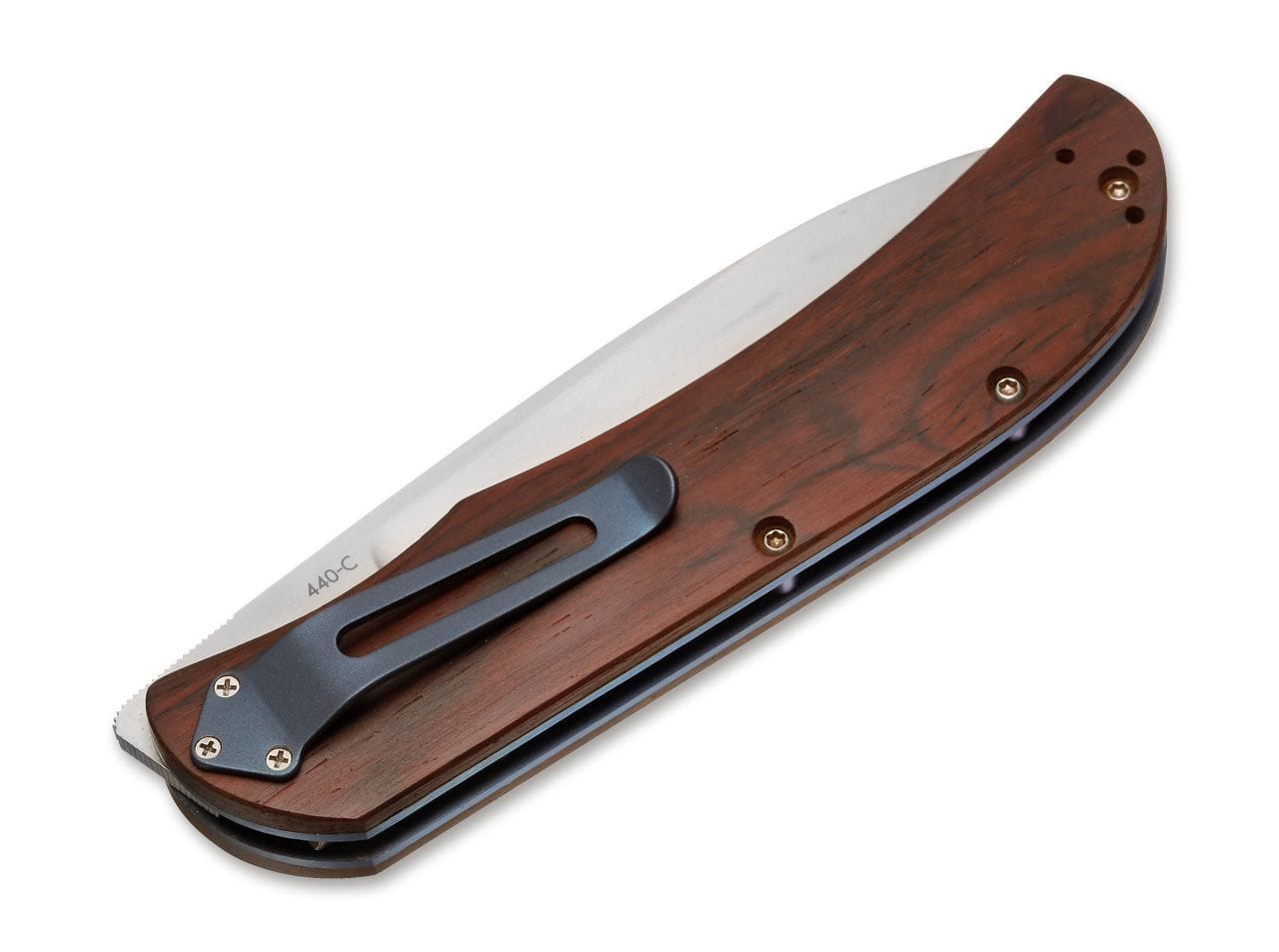

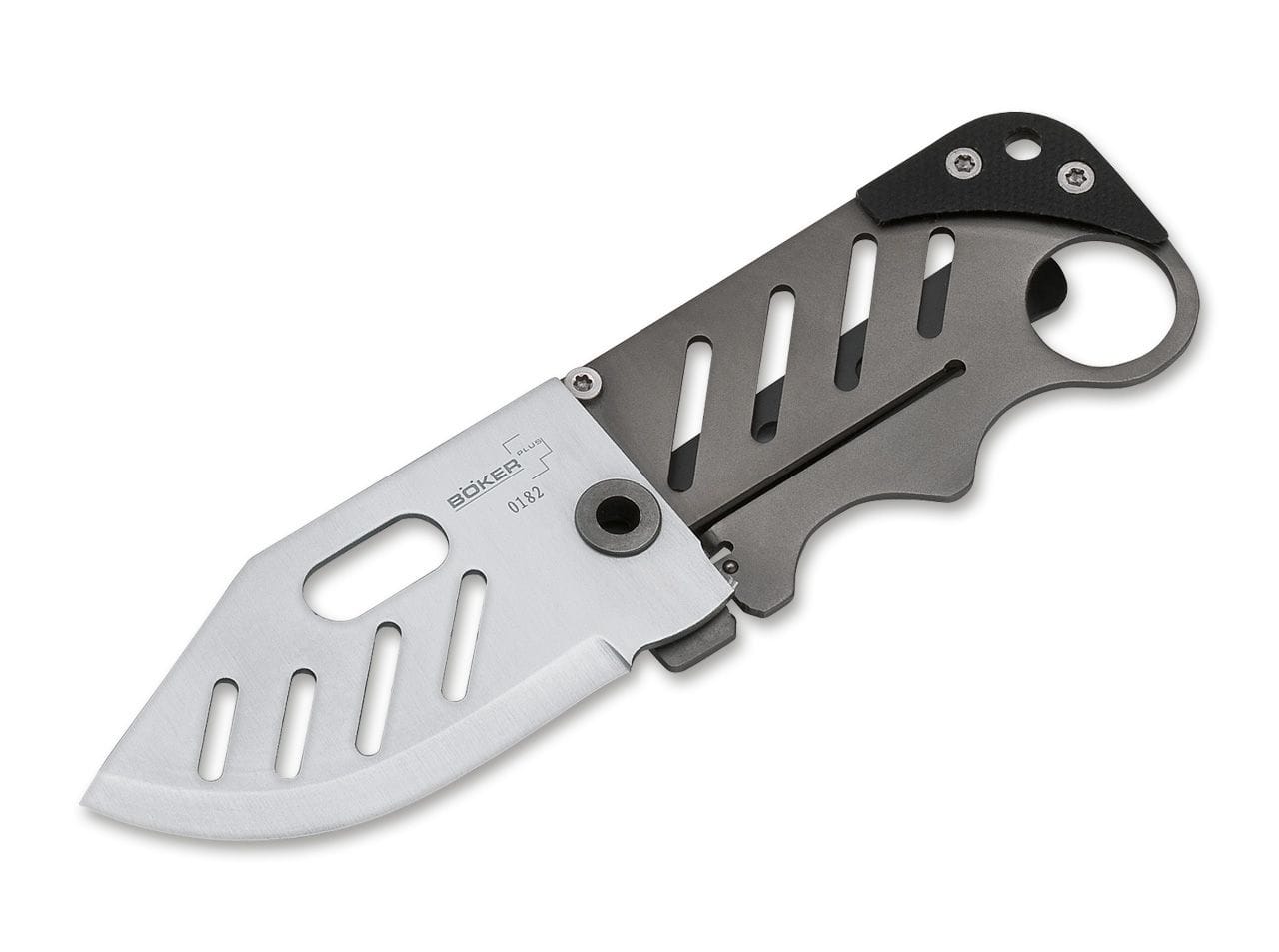
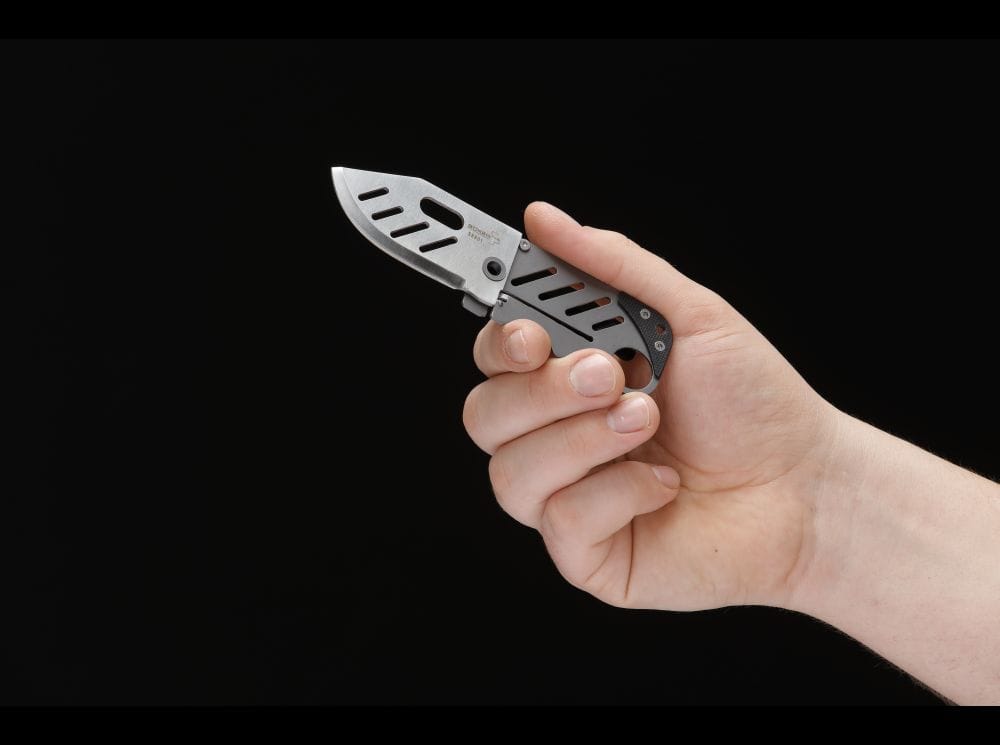
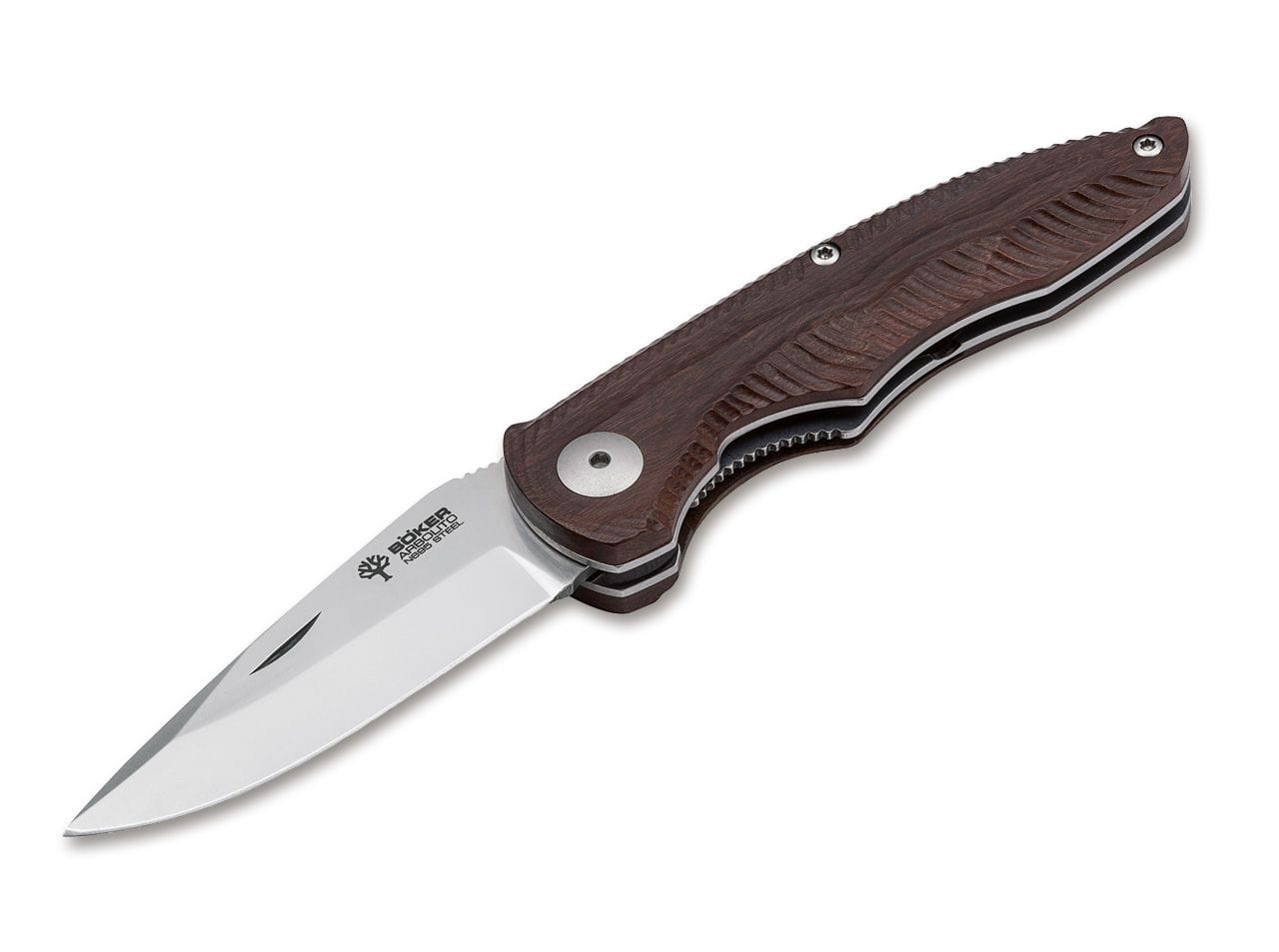
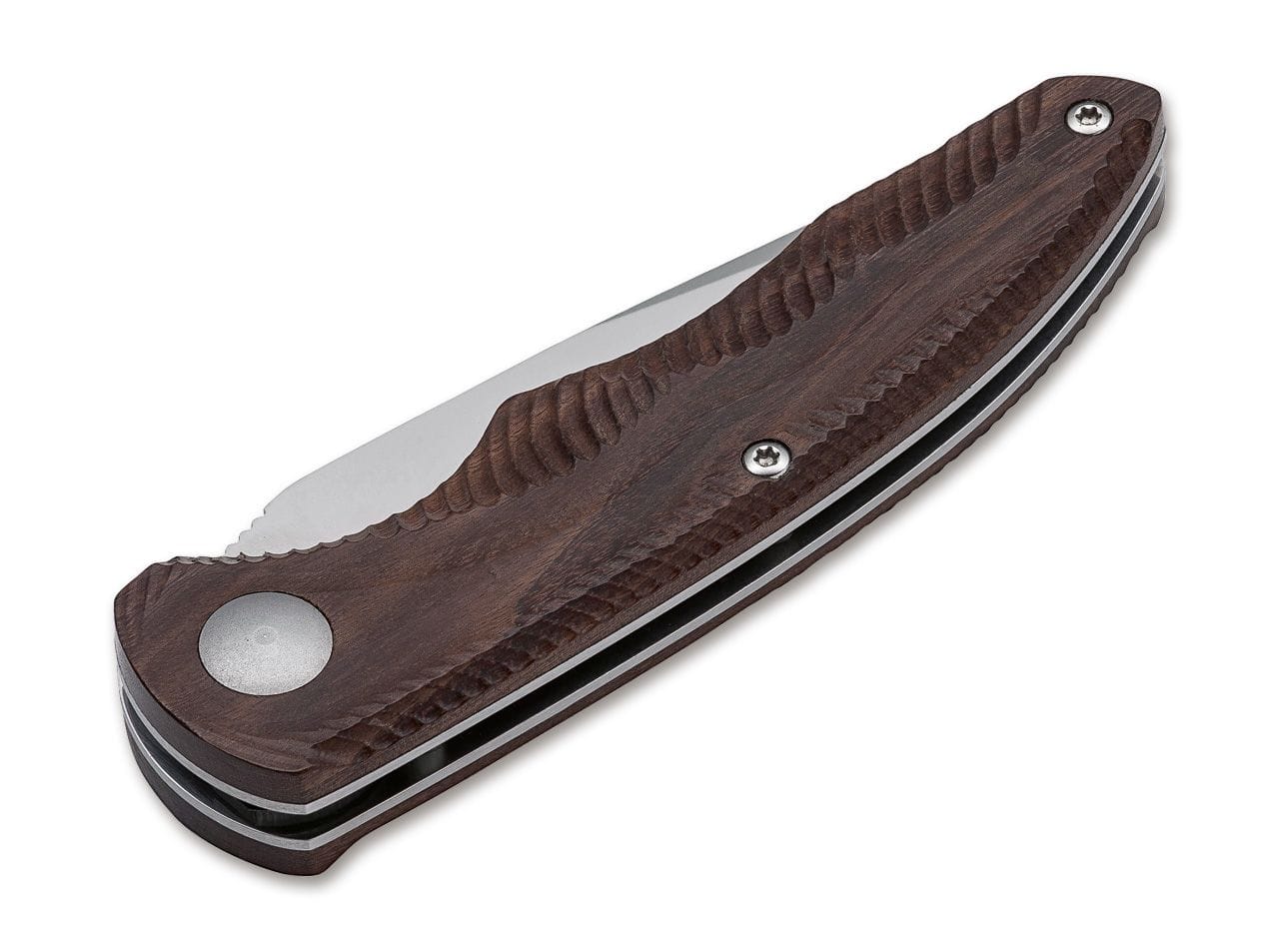

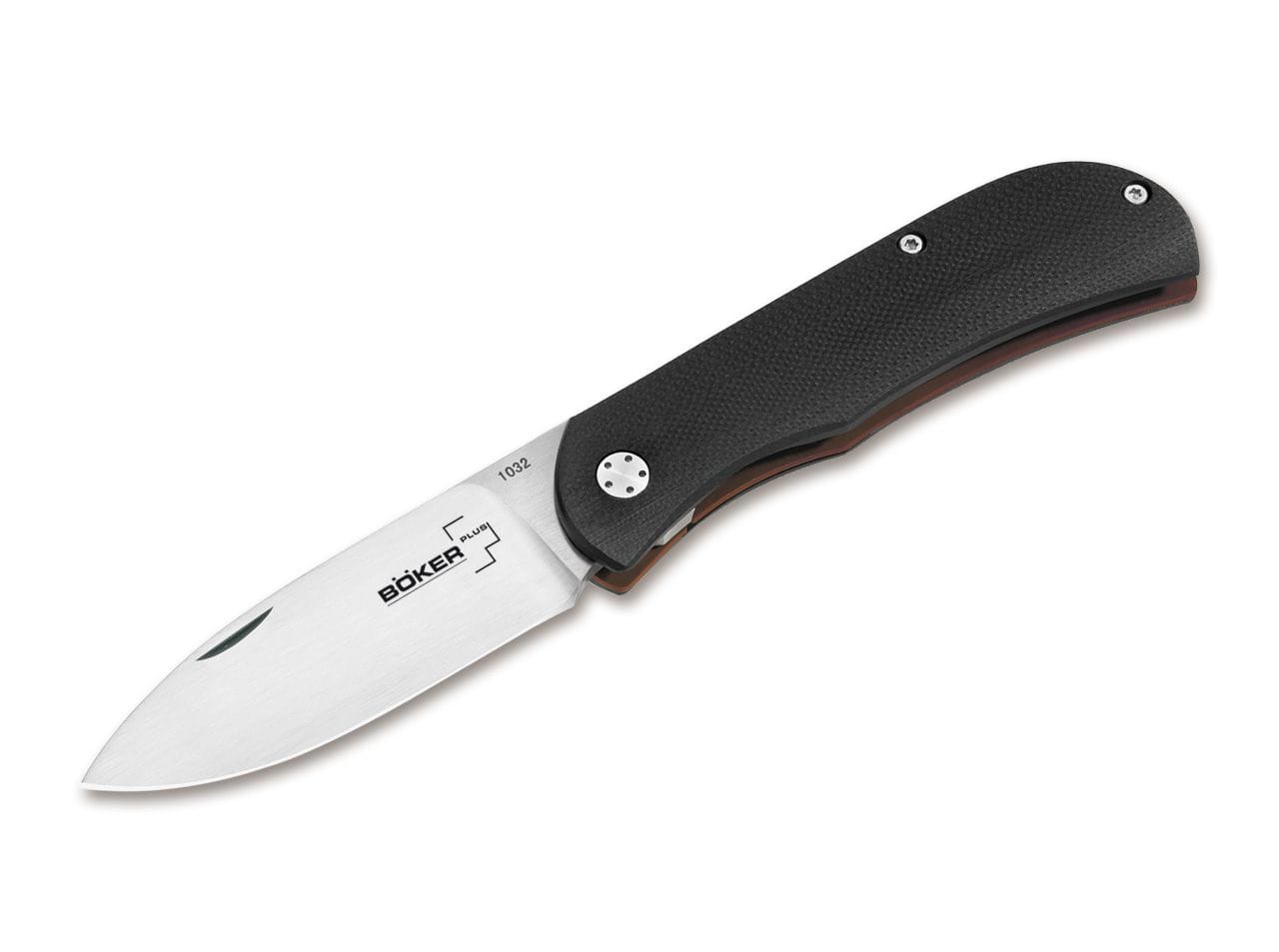
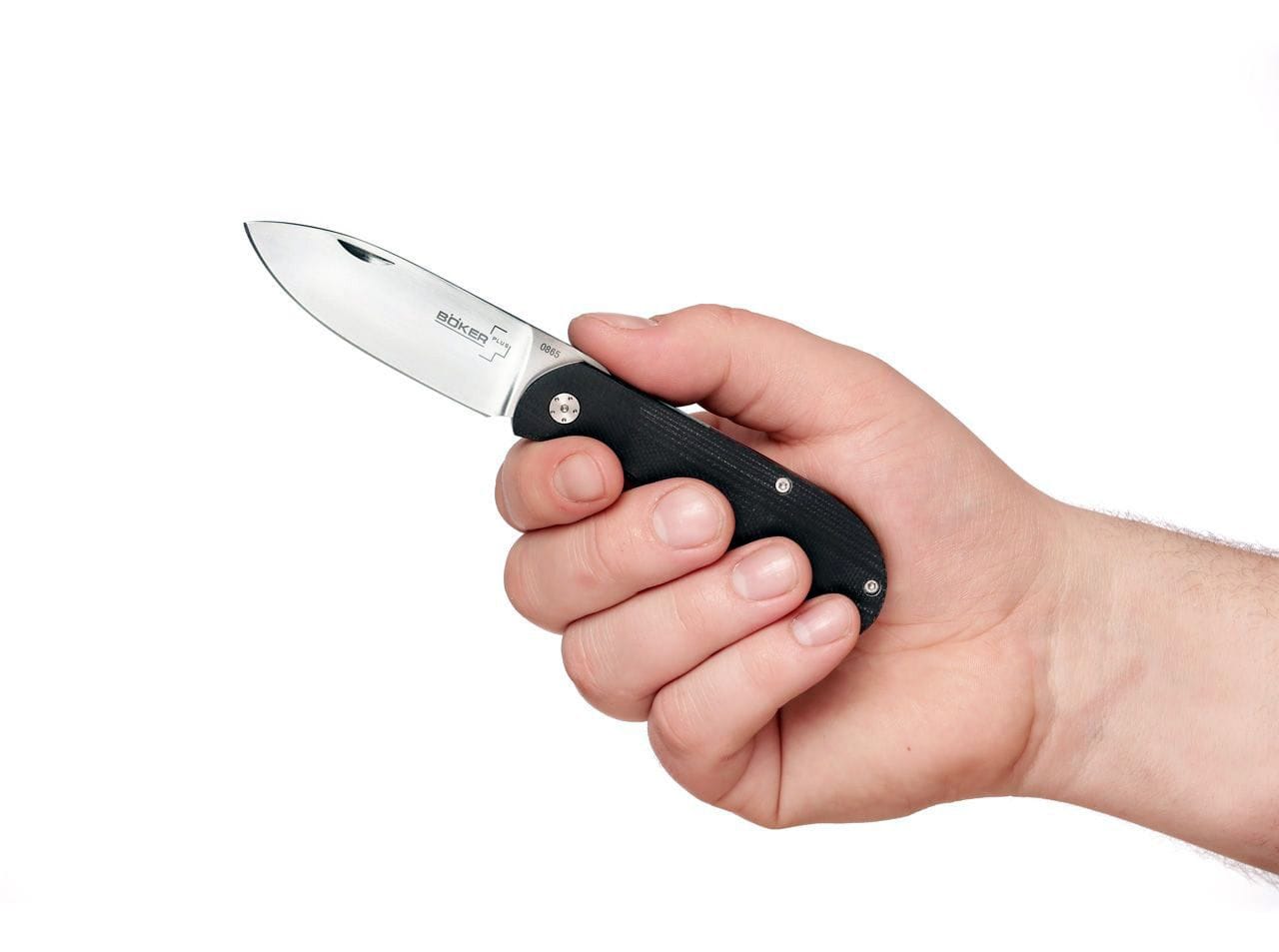
Reviews
There are no reviews yet.